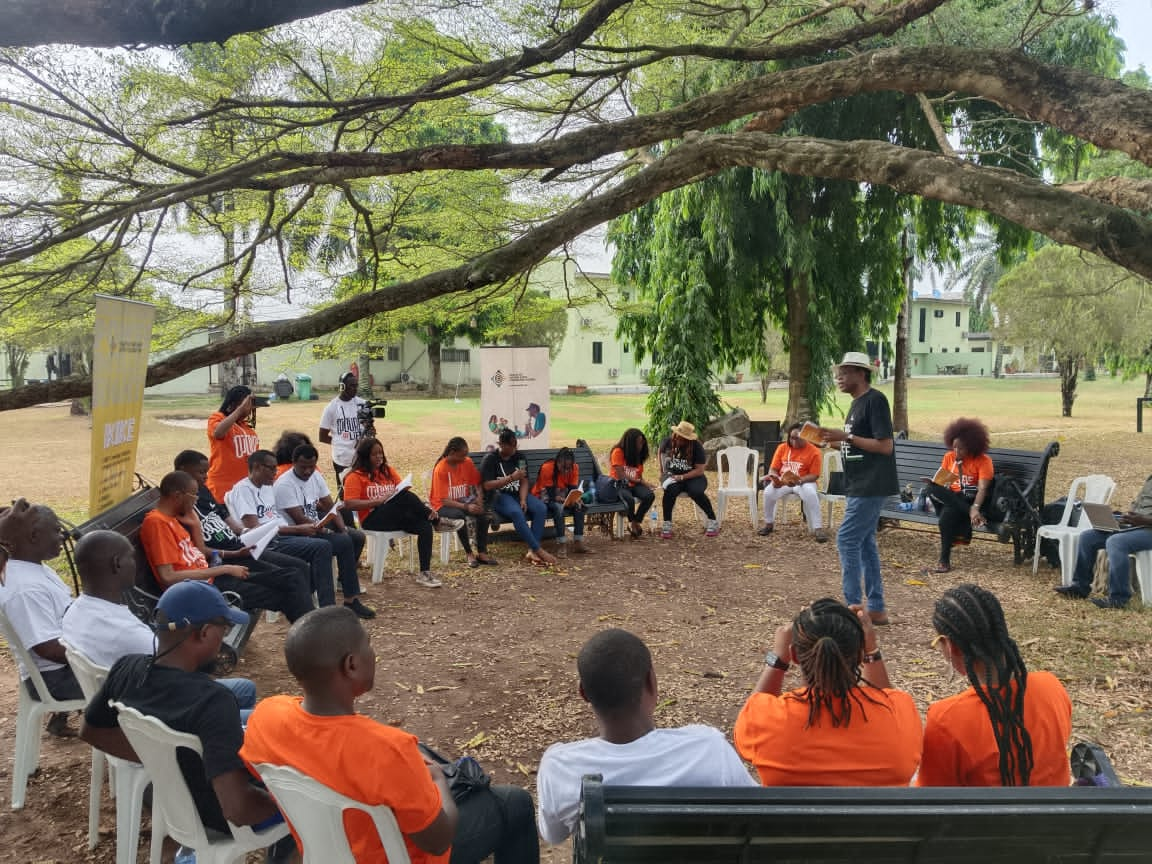National
Activist laments over decline of life expectancy to 41 years in N’Delta

•Urges oil companies ‘clean up the region
By Stephen Asaba-ase
Renowned Advocate of environmental justice and Executive Director, Health of Mother Earth Foundation, HOMEF, Nnimmo Bassey, on Thursday lamented that oil exploration and its consequent gas flaring and other environmental degradations in the Niger Delta have reduced life expectancy in the region to 41 years.
The Executive Director who made the revelation in Benin at a book reading for HOMEF staff as part of their yearly retreat, further lamented that life expectancy in the region is one of the lowest in the world.
Speaking on the theme: “Culture of Life”, Bassey said the theme was chosen so as to establish the fact that “we are conscious of the fact that whatever we do must support life, not the culture of death, which the oil companies are doing.”
“Life expectancy in the Niger Delta is 41 years, one of the lowest in the world. That is why we have children as elders in the region; children as chiefs and traditional rulers in the region. Elders who are supposed to occupy these positions have gone. And the reason why we have this low life expectancy is because of the oil exploration. Gas flaring, heat in our communities in the region, etc, are affecting our lives,” he said.
The environmental activist, while lamenting that “the Niger Delta situation is thoroughly pathetic,” said “both the government and the oil companies both local or international don’t care about the people; they don’t care about the environment, all they care about is the profit.”
He noted, “Niger Delta host communities are living with very toxic gas flaring, and this causes a lot of health challenges including miscarriage, Cancer, blood disorder, skin diseases, difficulty in breathing, etc.
The Executive Director who said it’s high time oil companies “cleaned up their mess in the region” said they must also pay for restoration of the environment etc.
“We have been saying oil companies should clear up their mess, we are here to say again that now is the time. They should clean up their mess, they should pay for a restoration and also pay for the losses by the people.
“I want to say that before any oil well should be opened, there should be a deposit, so that at the end of the life span of that oil well, the money (deposit) would be used to restore the environment and also pay compensation for damage. We have such provision in the Solid Minerals Act of 2007 but the PIA doesn’t really have such provision. The PIA rather criminalises poor communities. So, the PIA is not a document that has the interest of the people in mind.”
On oil companies planned divestment, Bassey said: “Oil companies said they want to divest, but unfortunately there is no clear government policy on divestment.”
On her part, Rhoda Essine from Akwa Ibom State also lamented that “extraction of oil in our communities is a cause rather than a blessing,” adding “this same community oil is being extracted has just only one government secondary school, the classes are overcrowded.”
“A woman less than 40 years will lose her monthly circle because of the heat; because of the gas flaring. The damage to our environment is enormous. Even rain water from our roofs comes with a thick black, to tell you how the place is polluted.”
Also speaking, Charles Kpebara, a fisherman from Bayelsa State said due to pollution they had to tour long distance and for several days before catching fish.













